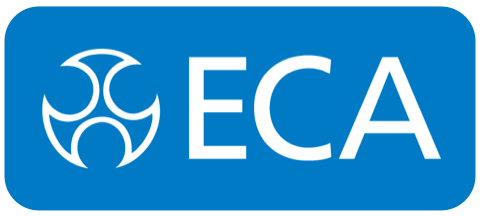
In my first 18 months in post, I have assembled a dedicated in-house team based in the North West. This team has been set up to deliver on a plan to transform MCS. The simple aim of which is to move beyond a scheme perceived as only being necessary to secure access to a government incentive, to an organisation that drives up quality and opens up market access to businesses so they can contribute to growing the UK’s ‘green economy’.
Many predicted the end of MCS following the closure of the government’s Feed-in-Tariff (FiT) in March 2019. The new MCS team worked hard to demonstrate to Solar PV installers the need for Standards that can protect the integrity of their work and the wider sector against the less quality conscious installer. The average volume of Solar PV installations registered with MCS today is 3,500 per month, back to levels seen before the inevitable spike of installations in the very last few months of FiT. While government incentives can certainly help to develop a given market, we know as consumers ourselves the importance of installers that can demonstrate quality and the highest levels of customer service and care.
The ‘new MCS’ that is now emerging, is closer to the businesses and consumers that we are here to support. I’d say that we are much more engaged. We benefit from feedback and guidance from businesses via a new Installer Oversight Committee. This Committee is helping to shape MCS, making us fit for today, yet ready for tomorrow’s market. Our intention is to raise standards, which we know to be essential to protecting the integrity of the industry we work with. We will achieve this by making our Standards more accessible and relevant to the everyday activities of installers of renewable energy solutions.
Some of the key changes include simplified requirements around the quality management we expect a business to have, an integrated partnership with the Renewable Energy Consumer Code (RECC) as the Consumer Code of choice, clauses to strengthen enforcement to protect the sector from the ‘cowboys’, reinforcement of the requirements around subcontracting and a refocus on supervision audits to move them away from inspecting office systems and more towards site inspections.
This will be followed by the simplification of the technology specific installation Standards, starting with the Heat Pump installation standard, that we will relaunch in the next few weeks.
We are doing all of this at a time when renewable, ‘home-grown’ energy is becoming more recognised and increasingly affordable, giving consumers the opportunity to heat and/or power their homes, independent from external suppliers and at the same time reduce their energy bills. By investing in renewable energy technology the consumers we talk to are wanting to make a real contribution to the global fight against climate change.
There is still lots to do but in the coming months I expect MCS to be the simpler and more accessible scheme that I and my team are determined it will become.
Talk to us now about how your business can share in the country’s growing ‘green economy’ and how achieving MCS certification represents a commitment to quality renewable energy solutions that your future customers can put their trust in.
To find out more visit, www.mcscertified.com or call the MCS Helpdesk team on 0333 103 8130.
